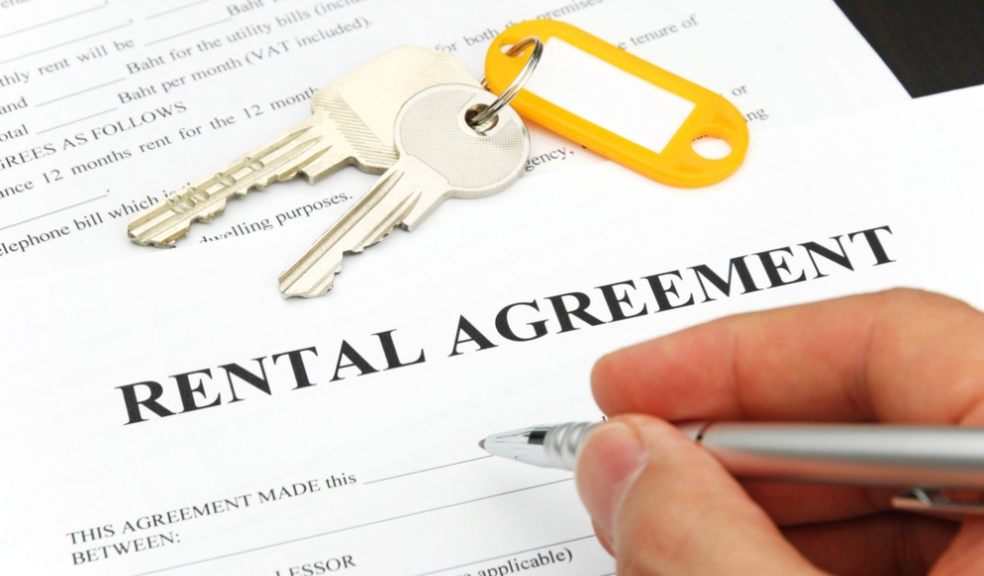
Over 80% of renters already rent burdened as cost of living set to increase
New data by flatshare site SpareRoom reveals the shocking amount of money being spent on rent every month, with over 80% of renters spending more than 30% of their take home pay on rent, and almost one in three (29%) handing over more than 50% of their pay. People spending more than 30% of their household income on rent are traditionally considered ‘rent burdened’, those who spend over 50% are considered ‘severely rent burdened’. SpareRoom’s data shows the majority of renters are currently ‘rent burdened’. This means many will already have difficulties affording necessities including food, transport and medical care on top of rent, not to mention finding money for increases in living costs come spri ng.
With increased energy bills and national insurance costs looming, women are most likely to feel the pinch, with over 85% spending 30% or more of their income on rent, compared to 75% of men, highlighting the affordability gap between men and women.
Unsurprisingly the data showed people in London, South East and South West England are spending more of their take home pay on rent than in other regions – 84% of Londoners, 83% of South East and 82% of South West spend over 30% of their salary on rent*. The pandemic saw rents drop in London and increase everywhere else, but recent data from SpareRoom’s Rental Index now shows the capital’s rents are back on the up, which will no doubt cause more of an affordability issue for Londoners.
Matt Hutchinson, SpareRoom director comments: “The general rule of thumb for affordability has always been that you should spend around 30% of your income on rent. Even before the pandemic hit that definition felt outdated, but we’re about to see people’s financial situations hit hard over the coming months and years. With over 80% of the UK already rent burdened, and almost a third spending over half of their salary on rent, people are already feeling the squeeze.
Although wages are rising, they aren’t growing fast enough to make up for cost of living increases that are rising at their fastest pace for 30 years**. This doesn’t just affect renters, it also makes life difficult for the huge numbers of young people who moved back home to their family over the course of the pandemic, not to mention those who were already there.”




















